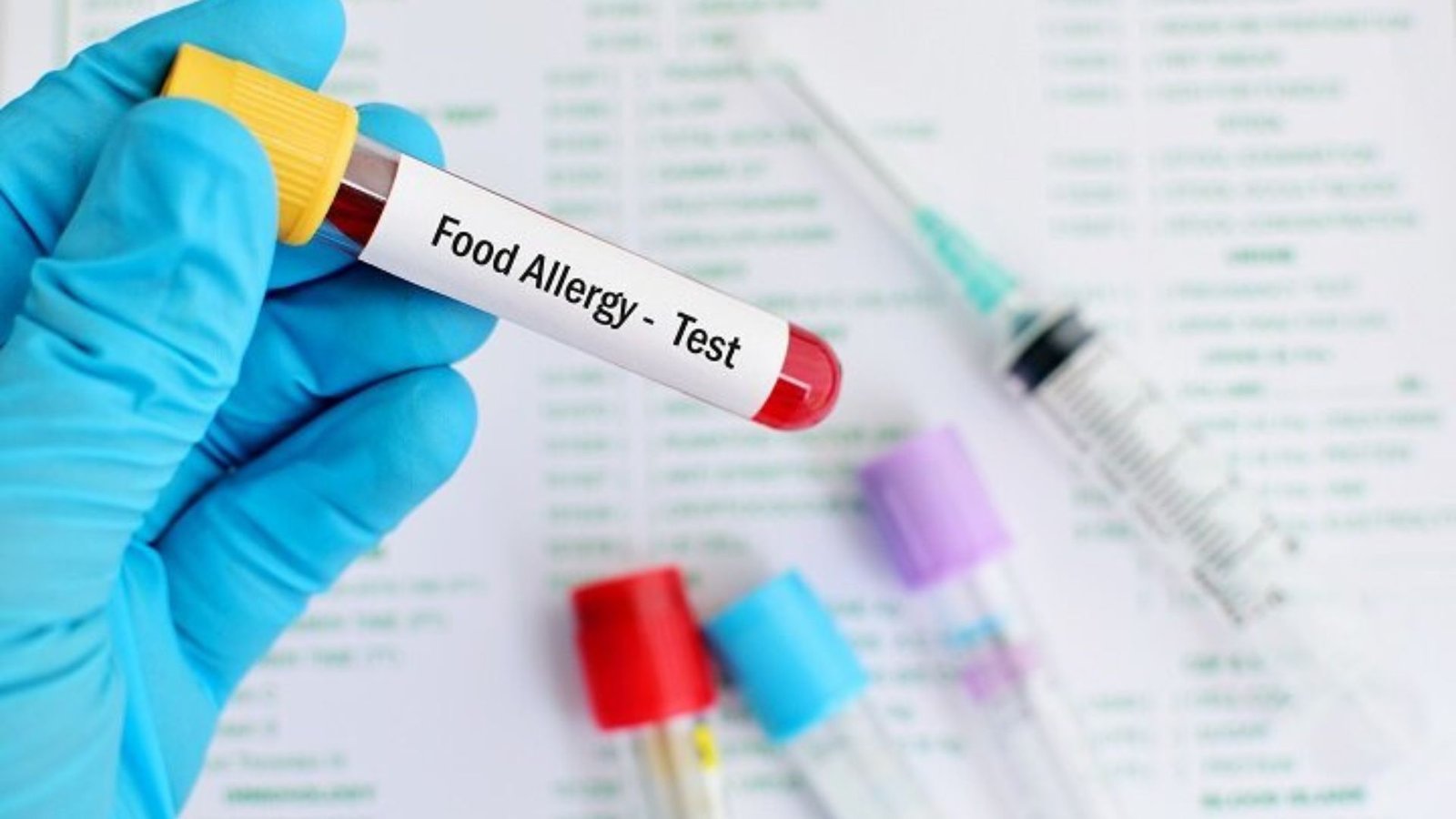Peanut allergies are among the most common and potentially severe food allergies, especially in children. With symptoms ranging from mild rashes to life-threatening anaphylaxis, it’s crucial to understand how to prevent and manage peanut allergies effectively. By taking the right precautions, you can reduce the risk of exposure and ensure the safety and well-being of individuals with peanut allergies.

Understanding Peanut Allergies
A peanut allergy occurs when the immune system mistakenly identifies proteins in peanuts as harmful. This triggers a release of chemicals, such as histamine, which cause allergic reactions. These reactions can vary in severity, from mild itching or swelling to more severe symptoms, including difficulty breathing, a drop in blood pressure, or even anaphylaxis. Anaphylaxis is a medical emergency and requires immediate treatment with an epinephrine injection. Understanding the symptoms and how to respond can make a life-saving difference.
Preventing Peanut Allergies
The most effective way to manage a peanut allergy is to prevent exposure to peanuts. Here are a few key steps to take to reduce the risk:
- Read Labels Carefully: Always check food labels for peanuts or peanut derivatives. Manufacturers are required to list peanuts as an allergen, but peanuts can also appear in less obvious places, such as baked goods, sauces, or candy. Be vigilant, and don’t assume a product is safe unless it has been verified.
- Avoid Cross-Contamination: Peanut residue can be present in foods that don’t contain peanuts, so it’s essential to be mindful of cross-contamination. Separate peanut-containing foods from others, and use different utensils, cutting boards, and pans when preparing meals. If dining out, ask about the restaurant’s procedures for preventing cross-contact between peanuts and other foods.
- Introduce Peanuts Early for Children (When Appropriate): Research has shown that introducing peanuts to infants at an early age, under the guidance of a pediatrician, may help prevent peanut allergies. However, this advice may not apply to children with a family history of allergies or other risk factors, so always consult a doctor before introducing peanuts.
- Create Peanut-Free Zones: If a child has a peanut allergy, create peanut-free zones in your home and school to prevent accidental exposure. Inform caregivers, teachers, and others involved in your child’s life about the allergy to ensure they take the necessary precautions.
Managing Peanut Allergies
While prevention is key, managing a peanut allergy is equally important. Having a clear plan for when an allergic reaction occurs can help minimize the risks.
- Know the Symptoms of an Allergic Reaction: Common symptoms of a peanut allergy include hives, swelling of the face or throat, difficulty breathing, stomach pain, vomiting, or dizziness. Recognizing these signs early can make it easier to respond quickly.
- Always Carry an Epinephrine Auto-Injector: Epinephrine (commonly administered via an EpiPen) is the first-line treatment for severe allergic reactions. It works by rapidly reversing the symptoms of anaphylaxis, including swelling and difficulty breathing. Ensure that the auto-injector is readily accessible and that those around you know how to use it in an emergency.
- Create an Allergy Action Plan: Work with your doctor to create a comprehensive action plan for managing a peanut allergy. This plan should outline steps to take in case of exposure, including the use of epinephrine and seeking medical help immediately. Share this plan with family members, teachers, and caregivers.
- Educate Family and Friends: Ensuring that those around you understand the severity of peanut allergies is essential for safety. Educate friends, family members, teachers, and caregivers about the importance of avoiding peanuts and how to handle an allergic reaction if it occurs.
- Regular Check-ups with a Doctor: If you or your child has a peanut allergy, regular follow-up appointments with an allergist are important. They can monitor the allergy, update action plans, and assess if the allergy may change over time.
Conclusion
Peanut allergies are serious but manageable with the right precautions. By understanding the allergy, taking steps to prevent exposure, and preparing for potential reactions, you can significantly reduce risks and keep yourself or your loved one safe. Always be proactive in reading labels, avoiding cross-contamination, and carrying emergency supplies like epinephrine. With careful planning and education, you can effectively manage a peanut allergy and enjoy a safe, worry-free lifestyle.











